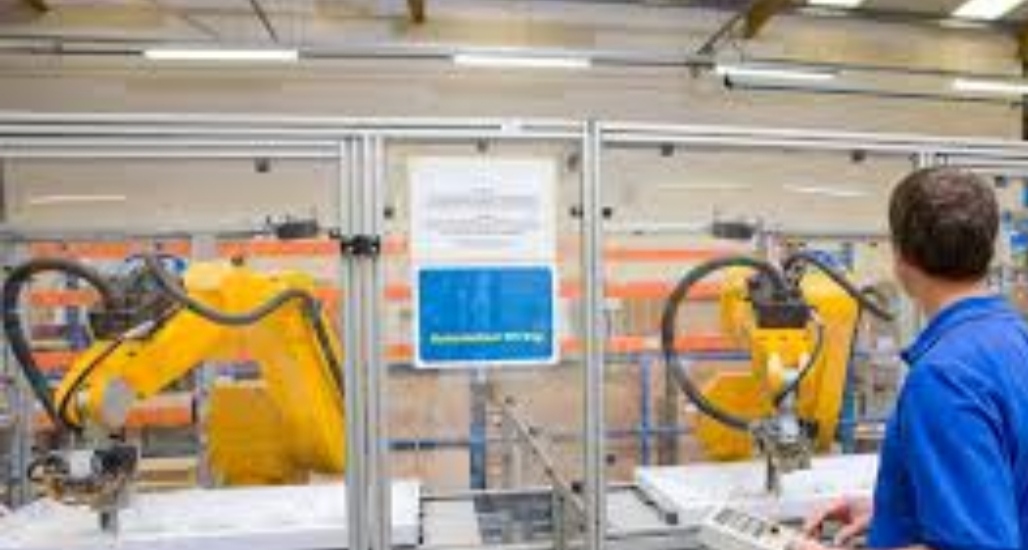In the wake of economic downturns, the transition from recovery to expansion is a critical phase that has a profound impact on job growth. This transformation signifies a shift from merely recuperating lost ground to actively creating new opportunities in a changing economic landscape.
During the recovery phase, businesses focus on stabilizing operations, rebuilding consumer confidence, and rehiring workers laid off during the downturn. This often leads to a noticeable uptick in job growth as industries like retail, hospitality, and manufacturing rebound. Government stimulus packages and accommodative monetary policies play a vital role in fueling this initial recovery by injecting liquidity into the system.
However, the true test of economic vitality lies in the expansion phase. This is when job growth should ideally outpace the rate of population growth, ensuring a meaningful reduction in unemployment rates. For this to occur, businesses must innovate and adapt to emerging market trends. Sectors like technology, renewable energy, and healthcare often lead the way in job creation during expansion.
In a changing economy, the nature of jobs also evolves. Automation and artificial intelligence become more prevalent, prompting a need for upskilling and reskilling the workforce. Government and industry collaboration in providing accessible training programs becomes crucial to align workers with the demands of emerging industries.
Entrepreneurship can be a catalyst for job growth during the expansion phase. Startups and small businesses are often engines of innovation and job creation. Policies that foster entrepreneurship, such as tax incentives and reduced regulatory barriers, can amplify this effect.
In conclusion, the journey from recovery to expansion in an evolving economy is pivotal for sustained job growth. It requires a dynamic approach, incorporating innovation, reskilling, and entrepreneurship. Government policies and private-sector initiatives must work hand in hand to ensure that this transition benefits individuals, businesses, and the overall economy




